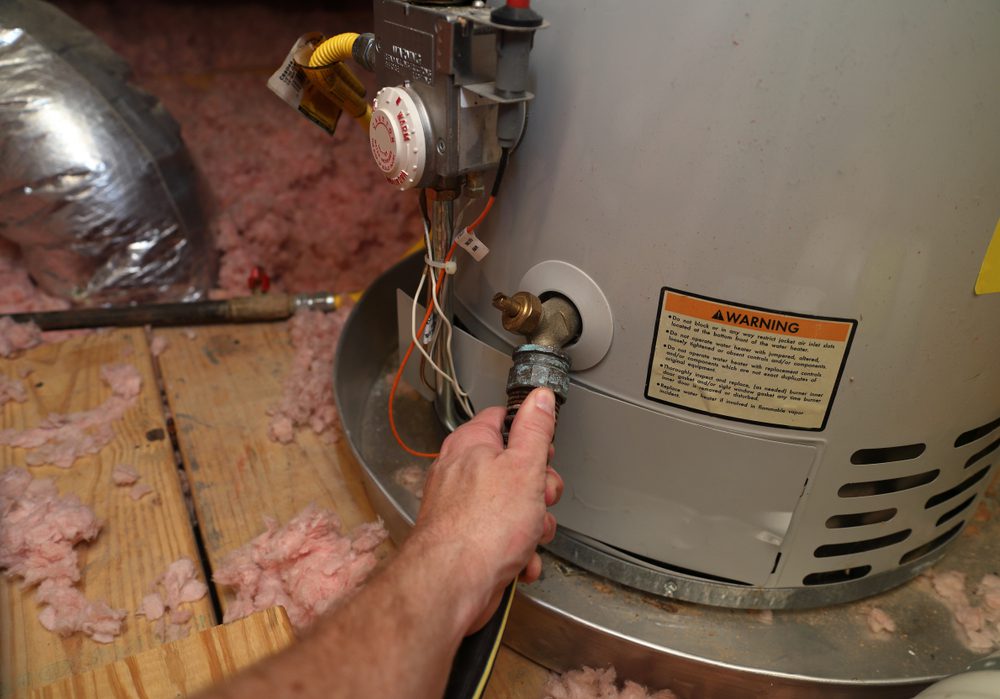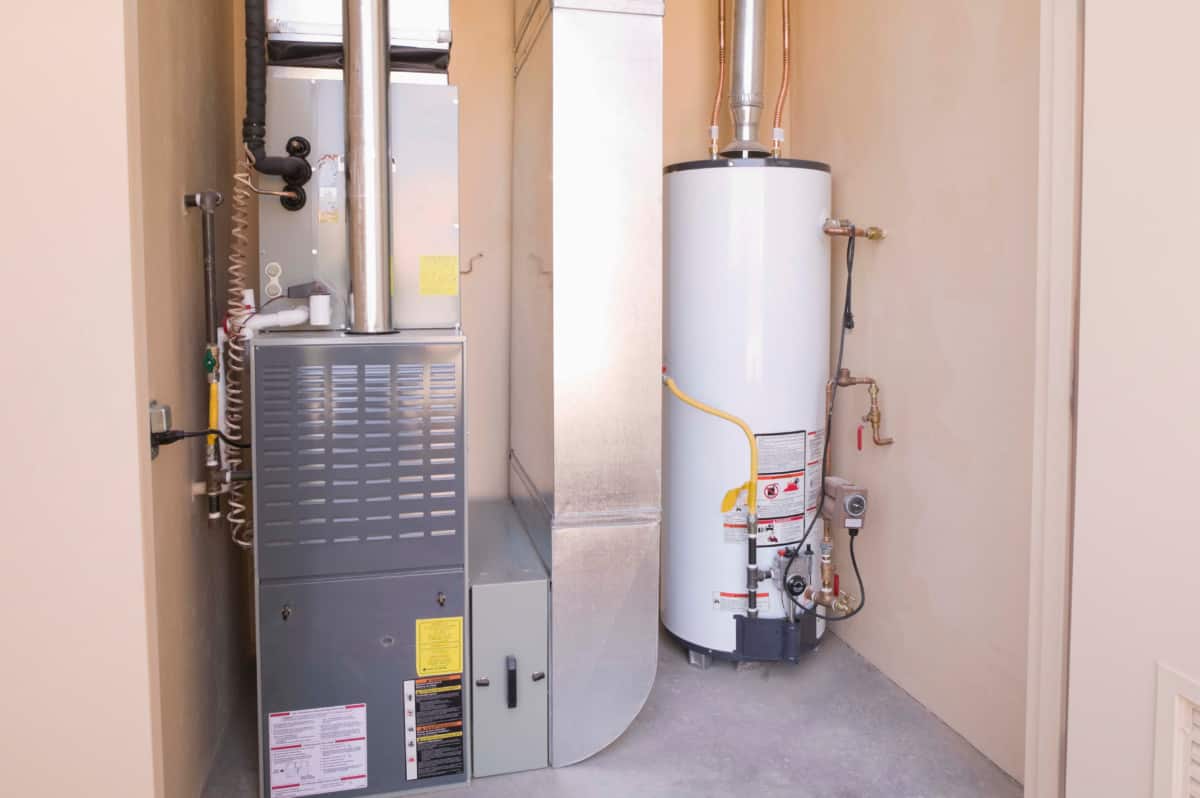We have stumbled on this post pertaining to Is Your Water Heater Leaking? directly below on the net and reckoned it made good sense to talk about it with you on this site.

A hot water heater is one of one of the most vital standard home appliances that can be discovered in a residence. With water heaters, you do not require to go through the tension of home heating water by hand every single time there is a demand to wash, wash, or the meals. There is constantly an opportunity that your water heating unit would act up as with many mechanical tools.
It is very important to keep in mind any little malfunction as well as tackle it rapidly prior to points get out of hand. Most times, your hot water heater begins to malfunction when there is an accumulation of debris as a result of continuous use. As a preventative measure, regular flushing of your water heater is suggested to stop debris accumulation and protect against functional failure.
Typical hot water heater emergencies and also how to deal with them
Leaky hot water heater storage tank.
In this circumstance, you should turn off your water heating system, allow it to cool down, as well as thoroughly look for the source of the problem. At times, all you need to do is to tighten a few screws or pipeline links in cases of minor leaks. If this does not work as well as the leakage continues, you may need to utilize the solutions of a professional for an appropriate replacement.
Changing water temperature level.
Your hot water heater could start generating water of different temperature levels typically ice cold or scalding hot. In this situation, the first thing you do is to ensure that the temperature level is set to the desired level. If after doing this, the water temperature level keeps transforming during showers or various other tasks, you might have a damaged thermostat. There might be a need to replace either the heating or the thermostat system of your hot water heater.
Too little warm water
It may be that the water heating unit can not sustain the warm water demand for your apartment or condo. You can upgrade your water heating system to one with a bigger capacity.
Blemished or smelly water
When this happens, you need to recognize if the issue is from the water or the tank source. If there is no funny smell when you run cool water, then you are specific that it is your water heater that is defective. The odiferous water can be triggered by rust or the accumulation of bacteria or sediments in the water heater tank.
Conclusion
Some homeowners ignore little caution and minor faults in their water heater system. This only brings about more damage and also a possible total break down of your device. You need to manage your hot water heater faults as soon as they come up to avoid more costs as well as unneeded emergency problems.
With water heating units, you do not require to go through the tension of home heating water by hand every time there is a need to take a bathroom, do the laundry, or the recipes. Your water heating unit might start creating water of different temperatures normally ice cool or scalding hot. It may be that the water heater can not support the warm water demand for your house. If there is no funny odor when you run chilly water, then you are specific that it is your water heater that is malfunctioning. The stinky water can be triggered by corrosion or the accumulation of germs or debris in the water heating system tank.
Common Water Heater Issues and What You Should Do
What Type of Water Heater Do You Have?
Before we begin it’s first important that you identify the type of water heater you have on your property. There are two main types of water heaters out there: conventional and high efficiency.
Both of these types of products typically use either gas or electricity to heat power. There are also solar water heaters that use a thermal collector on the roof or yard to heat the water.
While these models are not as common, they can cut heating costs in half. In this article, we will focus on conventional and high efficiency.
How Do My Electric and Gas Water Heater Work?
Though they look similar, electric and gas water heaters work very differently. It’s important to know their basic function because often problems can be specific to the heating source.
In the electric model, a thermostat on the side of the machine detects the temperature of the water in the tank. When the temperature needs to rise electricity flows to a heating element suspended in the water.
Gas models also use a thermostat device — typically with a mercury sensor at the tip and an additional sensor called a thermocouple. The thermocouple detects whether the pilot light is on and controls the flow of gas.
When the thermostat drops below the appropriate level gas is released which becomes ignited by the pilot light. The flame heats the bottom of the water tank which causes hot water to rise and cold water to drop.
This natural circulation continues until the water reaches the desired temperature. Then, the thermostat triggers the gas control valve to shut off the flow of gas.
What Are the Most Common Issues and How Do You Fix Them?
https://happyhiller.com/blog/common-water-heater-issues-and-what-you-should-do/

I ran across that blog post on The Importance of Water Heater Maintenance while doing a search on the internet. Liked our content? Please share it. Let others check it out. I treasure reading our article about Is Your Water Heater Leaking?.
Reliable plumber? Dial now!